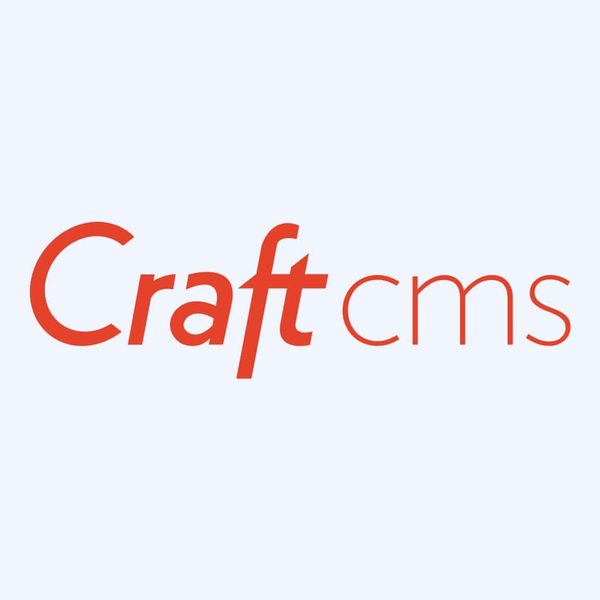
Why Craft?
"Why Craft?" is a question I have to answer often in sales pitches or in the proposals I write. So often, in fact, that I thought a quick blogpost about it might be in order.
When a project calls for a database-driven CMS, I usually turn to Craft these days. In Belgium, Craft is not a well known CMS (yet) and I find myself having to explain why I recommend it as a solution instead of other (more popular) products.
If you are a Craft developer, I am genuinely interested in what your sales pitch for Craft is. Here is the one I currently use.
Working with the best of both worlds
- Craft is based on battle-tested open source technologies (PHP, MySQL, Twig, Yii, Guzzle, Velocity, etc.). Whenever these technologies are updated, Craft benefits from the updates.
- Craft is a paid product. In exchange for a small one time license fee, Pixel&Tonic gives you technical support and access to all future updates of Craft.
Support
If you have a problem, open source CMS developed by the community do not give you a unique, identified point of contact to help you. Most of the time, you are on your own.
With Craft, the support comes with your license. There is even a form in your control panel that you can use to contact support and send them a copy of your Craft log files and database to help them track the problem.
Craft support is so responsive, you sometimes wonder when these people sleep.
Security
Of course no software is perfect, but Craft takes security very seriously. Frequent updates and one-click updating make it easy to always have an up to date installation.
Some CMS need many third party add-ons to be fully functional. These add-ons can sometimes create security problems (no maintenance or updates, bugs in the code, etc.). Craft's extensive core feature set reduces the dependency on add-ons and third party solutions, which reduces risks.
Multilingual by default
Craft's capabilities in terms of localization are second to none. That's very important in a country with three official languages. Multilingual websites are complex beasts and, if they are not integrated in the core, localization features can rapidly become problematic.
Craft is developed on Yii, a PHP framework with an impeccable reputation in terms of internationalization and localization.
As of this writing, Craft's control panel is available in 18 different languages already.
Powerful and flexible
Craft doesn't make any assumption about your content. It allows you to create as many content types as your project needs. Each content types has custom fields, allowing you to build complex data structures. Craft also allows for easy management of the relationships between various content types.
Coupled with the power of Twig as a templating language, the fact that entries, assets, users, categories and tags can all have custom data structures and can be related to one another makes Craft a tool that can help you wrangle any kind of website.
Speaking of modular data structures, the Matrix field alone deserves a mention. That field allows users to mix and match various block types to easily create tailor made entries without compromising on code quality.
Extensibility
Craft has a modern, flexible and well documented set of APIs allowing developers to write custom add-ons and to integrate Craft with other systems and tools if your project requires it.
UX / UI
It's when the site is delivered and in the hands of the client that a CMS really proves its worth. The attention Pixel&Tonic gives to user experience is visible in all aspects of the interface.
Functionalities like Live Preview coupled with an intuitive and easy to use (responsive) control panel allow non technical users to easily manage even complex websites.
Transparency
The price of your Craft license funds the development of the software. As long as they want money from us and from our clients, it is in Pixel&Tonic's best interest to develop the platform and provide quality support.
That is a very straightforward and transparent model, which is not the case of the freemium model used by other CMSes on the market.
The modular pricing model Craft uses is very simple: you only pay for what you need. Even the 300$ of a full-blown pro license are a small amount of money when compared to the gains in terms of developement and maintenance time for me and my clients.